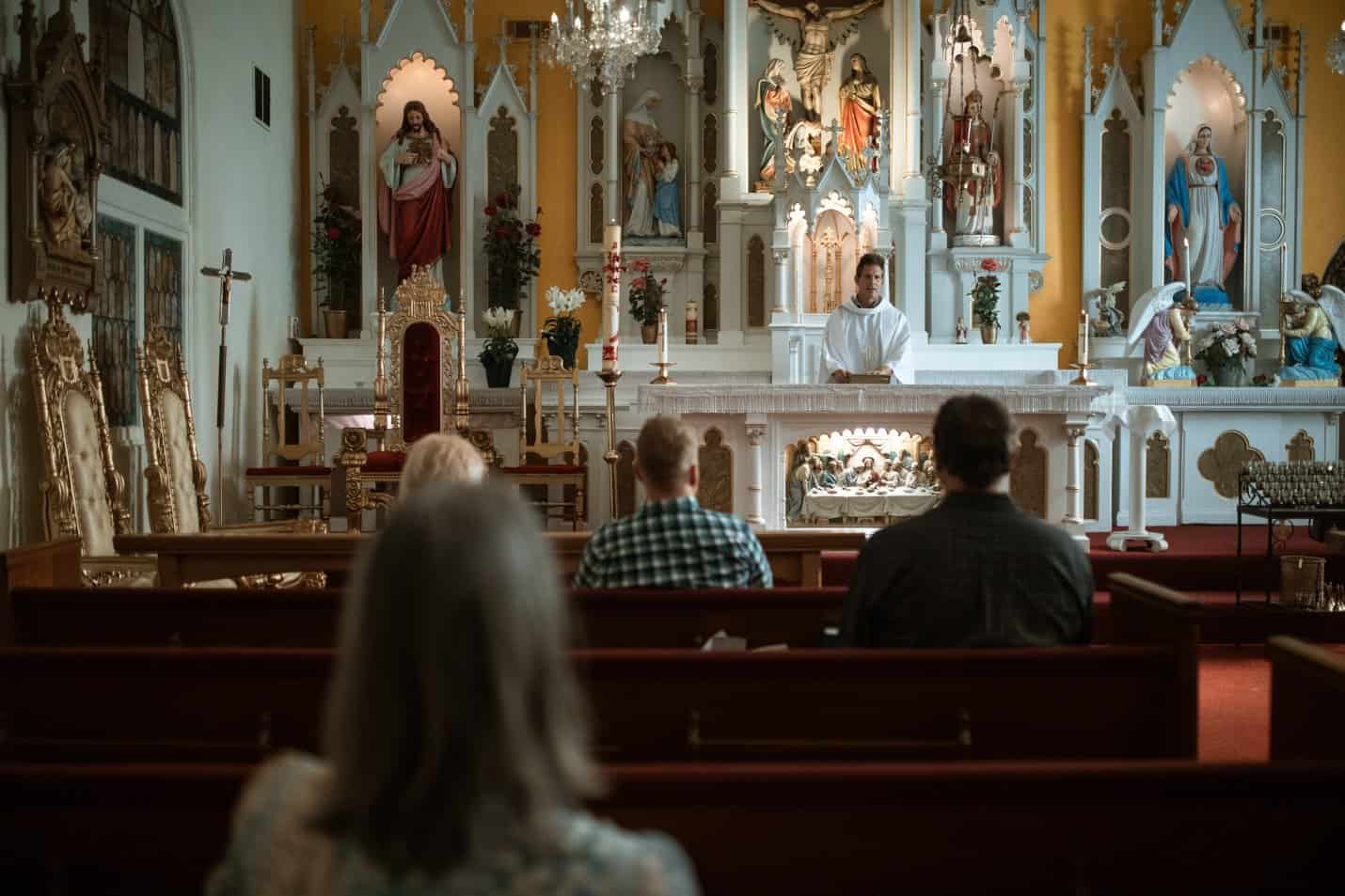Sabbath in Christianity
The practice of keeping a Sabbath, a day reserved for worship and rest, was enforced for Israelites in the 10 Commandments following God’s blessing of the 7th day (Saturday), therefore making it a holy day. It’s well known that God made everything and rested from His work after He had created everything in the universe. The custom was associated with people gathering in synagogues to pray on Shabbat.

But when is the Christian Sabbath? Early Christians, Jewish in the beginning, celebrated the 7th day Sabbath with relaxation and prayer, but they assembled on Sunday (the first day), which in Jewish custom began at sunset on what we now call Saturday evening. Ignatius of Antioch authorized non-observance of the Sabbath around the start of the 2nd century. Christians generally prefer to keep Sunday, also referred to as Lord’s Day, for worship and rest instead of observing the 7th day, according to Jewish Shabbat.
Christians in Ethiopia have a 2-day Sabbath, which covers the weekend, i.e., Saturday and Sunday, thanks to a movement started by Ewostatewos at the beginning of the 14th century and approved by Emperor Zara Yaqob.

The Congregational and Baptist Churches and the Presbyterian and Methodist Churches incorporated Sunday (1st day) Sabbatarian ideas in their confessions of faith, keeping the Christian Sabbath on the same day as Lord’s Day, in line with the thinking of the Puritans of the 16th and 17th centuries.
Attending church in the morning and evening on Sundays, not going out to restaurants on Lord’s Day, not taking part in any sports events, avoiding being on the internet and not watching T.V. are all examples of Sunday Sabbatarian practices on the first day.
At the start of the 17th century, a small group of Restorationist Christians, mostly 7th day Sabbatarians, founded communities that followed the original law interpretation, whether Jewish or Christian, emulating the Christian church.
Sabbath Timing
The Hebrew Shabbat, or week’s 7th day, is referred to as “Saturday” and starts at sunset rather than midnight in the Hebrew calendar. As a result, the Shabbat falls between Friday sunset and Saturday night, when three stars can be seen in the sky at night. In the days of the early Christian church, the Sabbath was still observed on the 7th day.
The liturgical day is still observed in Oriental and Eastern Orthodoxy according to the church’s calendar of Hebrew reckoning. The liturgical day in the Latin Church spans from midnight to midnight. On the other hand, Solemnities and Sundays are commemorated from the previous days’ nightfall. This isn’t a good reason to switch the Sabbath from Saturday to Sunday. The Latin Church canon law describes as commencing at midnight in non-liturgical situations.
Early Christianity
Jewish Christians observed Shabbat, but they gathered on a Saturday evening at the day’s end. The women were described in the Gospels as arriving at an empty tomb. As it’s reported as “toward the Sabbath’s first day”, though this is often mistranslated as “on the week’s first day”. It is such an important moment as Paul’s preaching went on for a long time (till midnight), as shown in Acts 20:7.
Christians often consider Sunday a momentous day since it’s the day Christ was resurrected, and the Apostles felt the Holy Spirit descend into them. However, the practice of Christians meeting for prayers on the week’s first day was first recorded around 115 A.D. With Constantine’s proclamation, many Christians began to observe simply Sunday rather than Saturday.
The commemoration of the Eucharist as a communal day of prayer on the 1st day was commonly done in the 2nd century, as per Patristic literature. Eusebius, who in 314 A.D. was made Caesarea Maritima’s Bishop, declared the shift of Christian Sabbath from Saturday to Sunday. As per Sozomen and Socrates, the 7th day Sabbath was kept throughout Easter by the Early Church (except for Alexandria and Rome).
Changes in Sabbath Day in History
Long after the New Testament was written, the Sabbath was changed to Sunday. Up until the works of Justin and Barnabus (150 and 135 A.D.), respectively, there were no definite allusions to Sunday as the day allotted for Christian worship. During the time of Emperor Hadrian, who ruthlessly persecuted Jews during the Roman Empire, Sunday appears to have been established as the principal day of devotion. He also forbade Judaism’s traditions, including keeping Sabbath on the seventh day.
Several Christians in Rome appear to have been motivated by these repressive efforts to forego the 7th day in favor of Sunday, which Romans historically celebrated as a sun reverence day. Christians’ Sabbath Day observance was abandoned within a few centuries as Sunday was substituted within the empire’s limits.

Adherence to Sunday as a day of worship and rest lasted from the Roman Catholic Church through following Protestant groups, despite some doctrinal and organizational changes brought about by the Protestant Reformation. While the Catholic Church asserted the right to set its own worship times. Protestant churches usually warranted Sunday observance by claiming that in the New Testament, the 7th day Sabbath was changed by worship on Sunday n commemoration of the resurrection of Jesus.
There is no biblical support for shifting the 7th day Sabbath to Sunday as a day of rest and worship. The commandments, including the 7th day Sabbath, were observed by Christ, his Apostles, and the Gentile and Jewish followers of the Early Church.
Our Final Thoughts
No matter what or when is the Christian Sabbath, we should all be mindful of the meaning behind the day, which is to rest and worship the Lord. We should take a day off, commit fully to God, and share our experiences and thoughts with Him. He is all-knowing, yet he gives us a chance to worship and pray to Him. We should make full use of that gift and treat it as a blessing.







